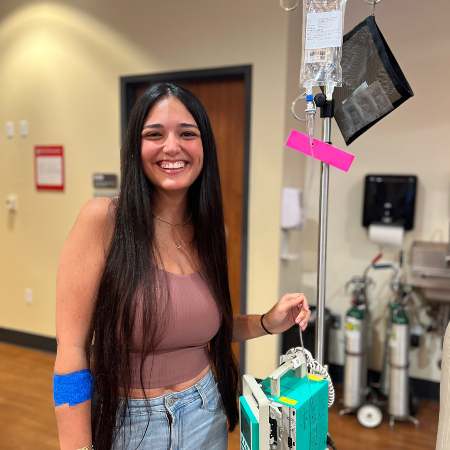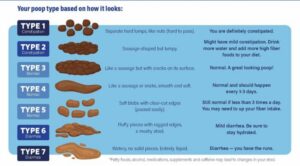Also known as: muscle weakness, fatigue, anemia
Similar to losing weight without trying, colorectal cancer symptoms can disguise themselves as constant weakness and fatigue.
Since cancer cells multiply unchecked, the constant, extra energy consumption can cause you to feel very tired—even when you’re had enough sleep and rest. Chronic fatigue and muscle weakness are most likely a sign of an underlying medical condition, even if it is not caused by colorectal cancer.
Anemia, also known as having low red blood cell counts, can be caused by internal bleeding. Many patients have learned they’re anemic after they try to give blood and are told they cannot. Others may go for routine bloodwork and find out they’re anemic in the lab report. Anemia often points to a medical condition that needs to be discovered.
If you experience fatigue, muscle weakness (that’s not related to working out), and/or you find out you’re anemic, talk to your doctor. These are all symptoms that could suggest colorectal cancer.





